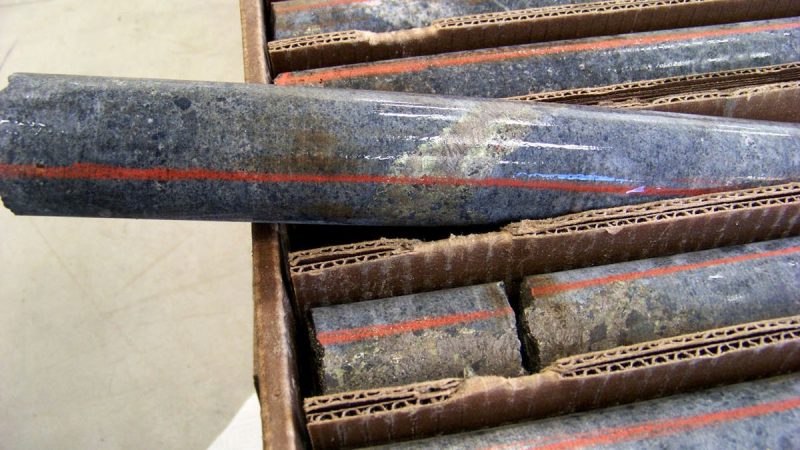
Federal judge deals another blow to Minnesota copper-nickel mine proposal
A federal judge has dealt another serious setback to the proposed Twin Metals copper-nickel mine near the Boundary Waters Canoe Area Wilderness in northeastern Minnesota, dismissing the company’s lawsuit that sought to regain the critical mineral rights leases that the Biden administration cancelled.
The ruling Wednesday was the latest blow to the stalled $1.7 billion project, which has faced stiff opposition from environmental and tourism groups that say it would pose an unacceptable threat to the pristine wilderness along the U.S-Canadian border.
U.S. District Judge Christopher Cooper in Washington, D.C., ruled that the lawsuit failed to meet the legal requirements to proceed, essentially saying the court didn’t have jurisdiction to overrule a series of federal agency decisions against the company.
Twin Metals, a subsidiary of the Chilean mining company Antofagasta, said in a statement that it was ‘disappointed’ by the decision and was ‘working to determine next steps.’ Company spokeswoman Kathy Graul said in an email Thursday that she was not able to say what those next steps might be or whether they would include appeals to higher courts.
Groups that have been fighting the project for years hailed the ruling as a huge victory.
‘Twin Metals was making a Hail Mary pass in its hope to get around the law and facts. The court saw through this and in its decision to toss out the case, affirmed science, affirmed the law, and protected some of the cleanest water in the country,’ Chris Knopf, executive director of Friends of the Boundary Waters Wilderness, said in a statement.
The Obama administration declined to renew Twin Metals’ mineral rights leases in its final weeks in office in 2016, citing the threat of acid mine drainage to the Boundary Waters, the country’s most-visited federally designated wilderness area. The Trump administration reinstated those leases in 2019 as part of its push to lessen U.S. dependence on imported metals.
But the Biden administration took up where the Obama administration left off, canceling the leases last year and and imposing a 20-year moratorium on mining in an area of the Superior National Forest upstream from the wilderness that includes the Twin Metals underground mine site near Ely, a community of about 3,000 people. The state of Minnesota then ended its environmental review of the project. Twin Metals sued the federal government last summer to try to undo its decisions.
Peter Marshall, a spokesman for Friends of the Boundary Waters Wilderness, suggested that Twin Metals, instead of pursuing the project further, should turn to the Court of Federal Claims to seek compensation for the more than $550 million it has invested.
‘We are one step closer to permanent protection for the Boundary Waters watershed,’ Ingrid Lyons, executive director of the Campaign to Save the Boundary Waters, said in a statement.
Groups that back Twin Metals said in statements Thursday that the court decision and the Biden administration’s actions against Twin Metals conflict with a Department of Energy announcement on Wednesday. The department said it was investing $150 million to promote domestic production of critical minerals, including copper, nickel and other metals that Twin Metals wants to mine, that are needed for the transition to cleaner energy.
‘You cannot combat the climate crisis through green energy technologies like electric vehicles, solar panels or windmills without the minerals that are located in northeast Minnesota,’ the Jobs for Minnesotans business-labor coalition said in a statement. ‘We as a country cannot continue to shut out an industry in one breath and then expect to have the ability to make this critical clean energy transition in another.’
The Twin Metals project is separate from two other proposed copper and nickel mines in northeastern Minnesota. The NewRange mine near Babbitt and Hoyt Lakes, formerly known as PolyMet, has been stalled by court and regulatory setbacks for several years. The Talon Metals project near Tamarack is at the very early stages of its environmental review.
<!–>
–>
